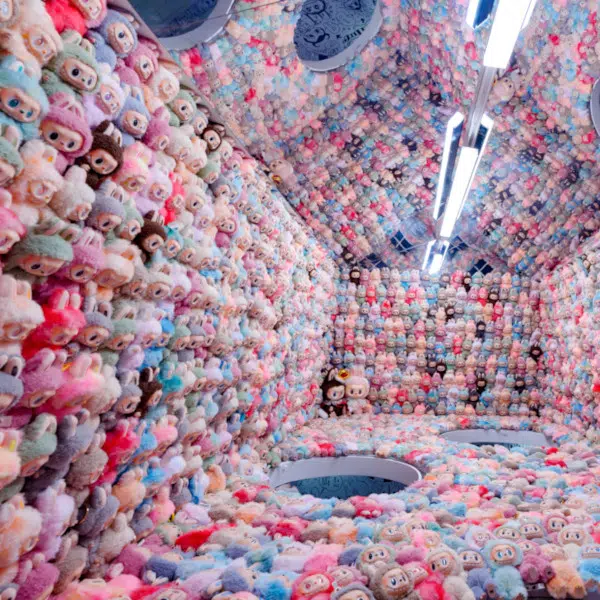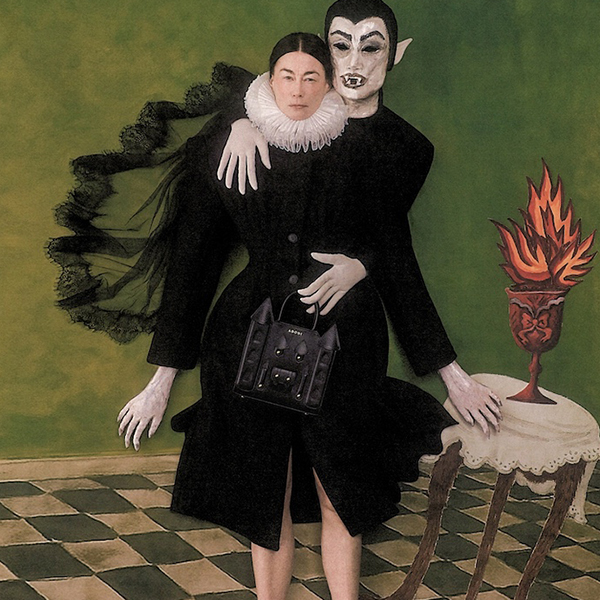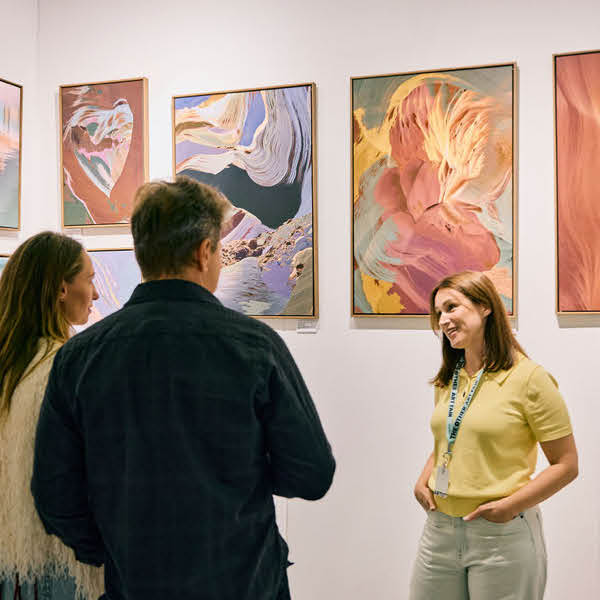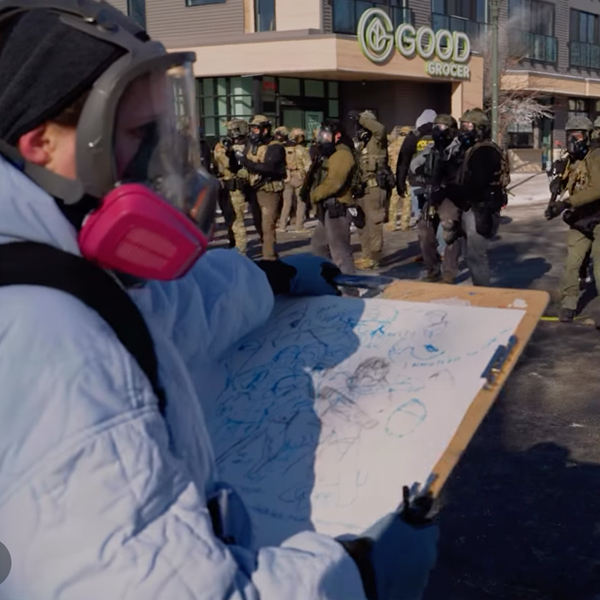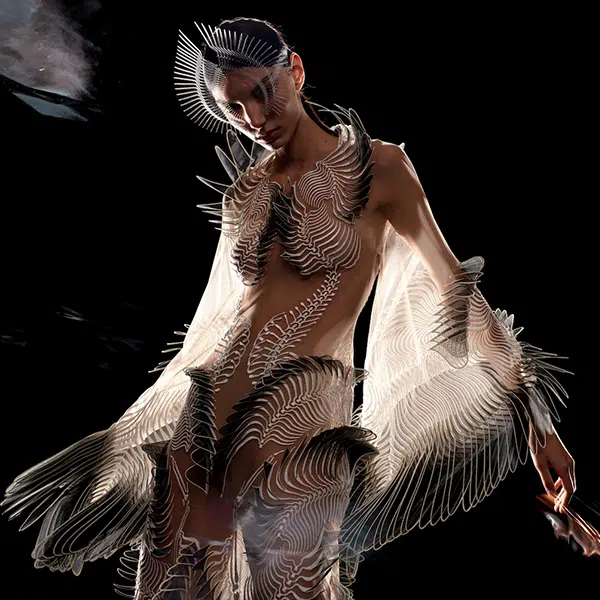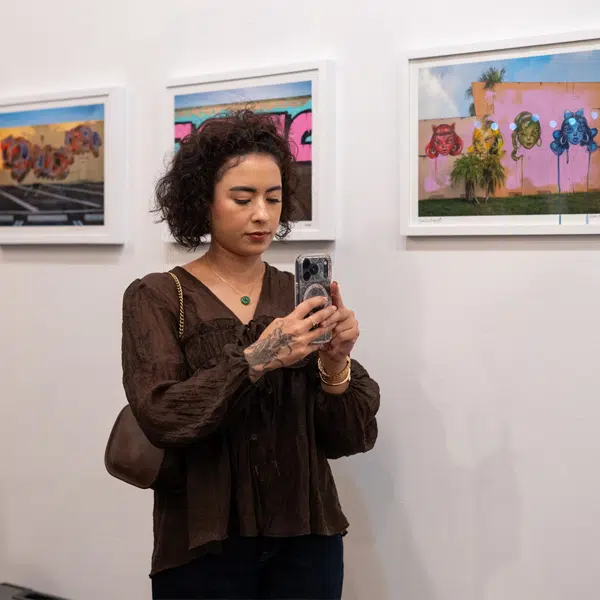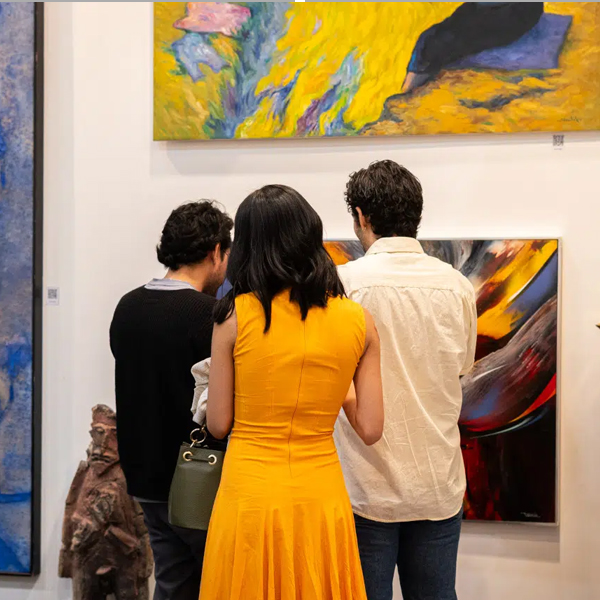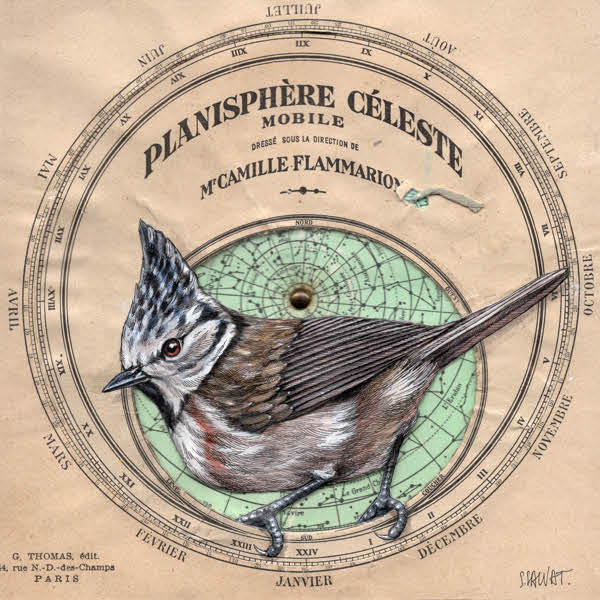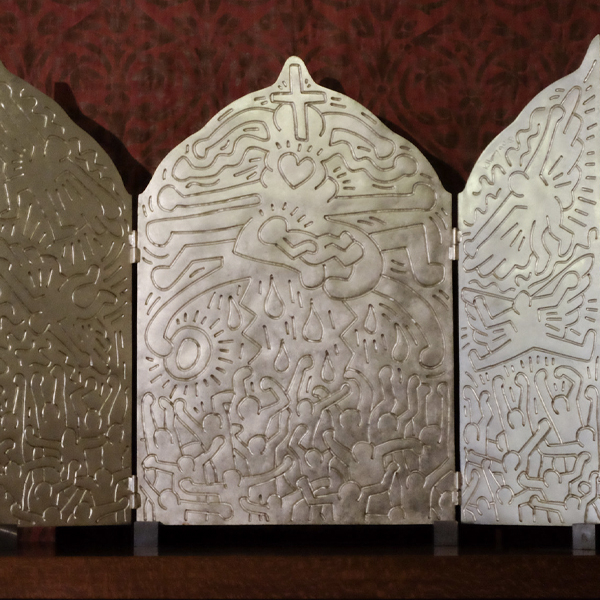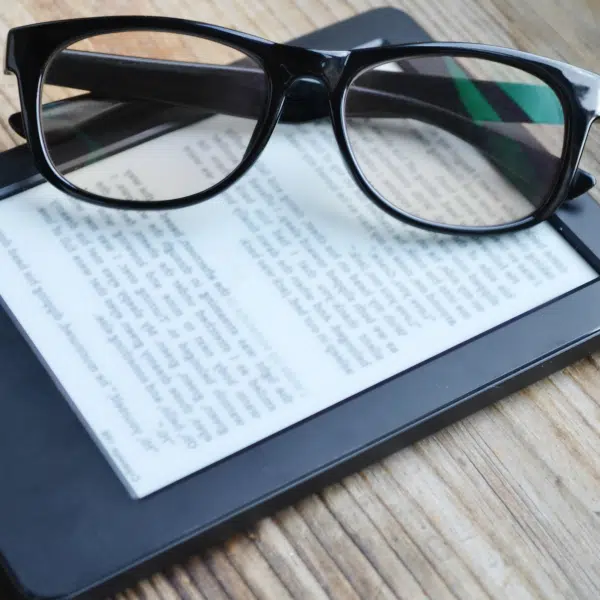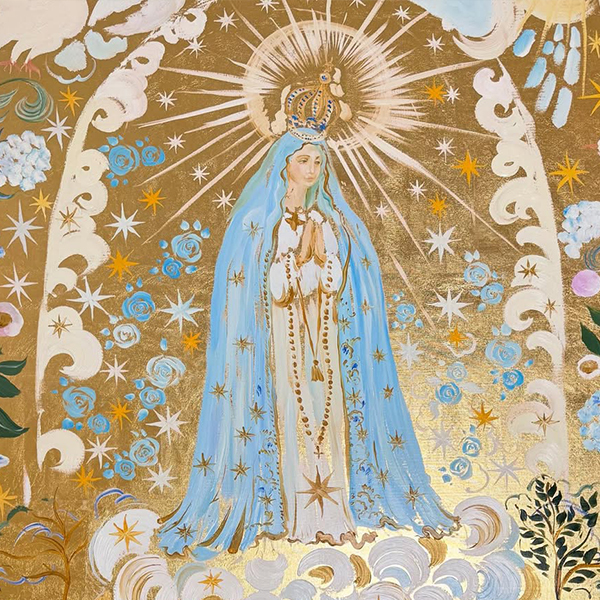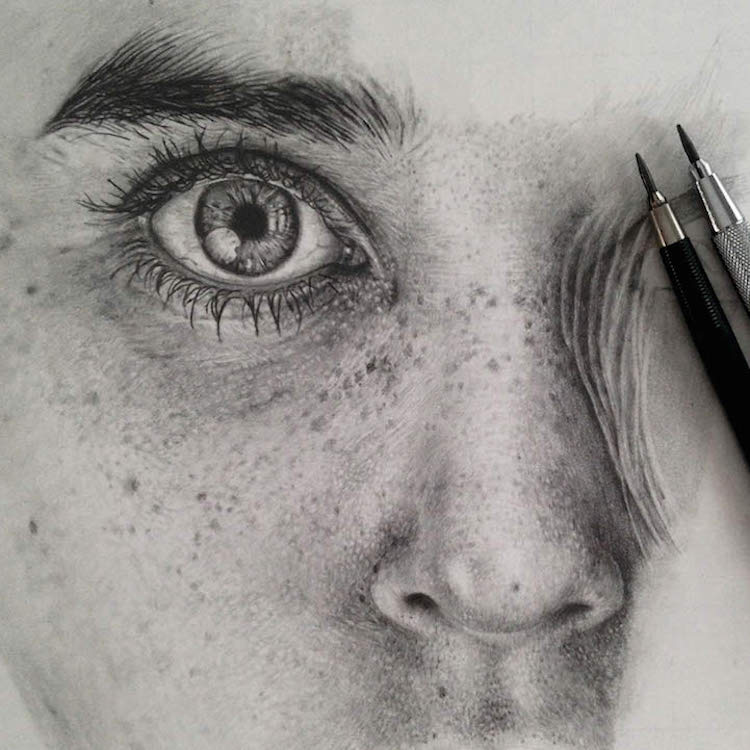
Artist: Monica Lee
This post may contain affiliate links. If you make a purchase, My Modern Met may earn an affiliate commission. Please read our disclosure for more info.
Drawing is one of the most basic ways to exercise your creativity. Whether you’re using a pencil, pen, crayon, or even your fingers, the skills you gain from the activity translate to a bevy of different media. Learning the fundamentals is simple to do, but like all art, they require a lot of practice to master. But once you do, you’ll have the ability create images you’re truly proud of.
Need help selecting your first set of drawing pencils? We’ve got you covered with our guide to the best drawing pencils!
Drawing Techniques for Beginners
There are standard drawing techniques that you need to be familiar with as you put pencil to paper. Some are so basic that you’ve probably used them before without even realizing it.
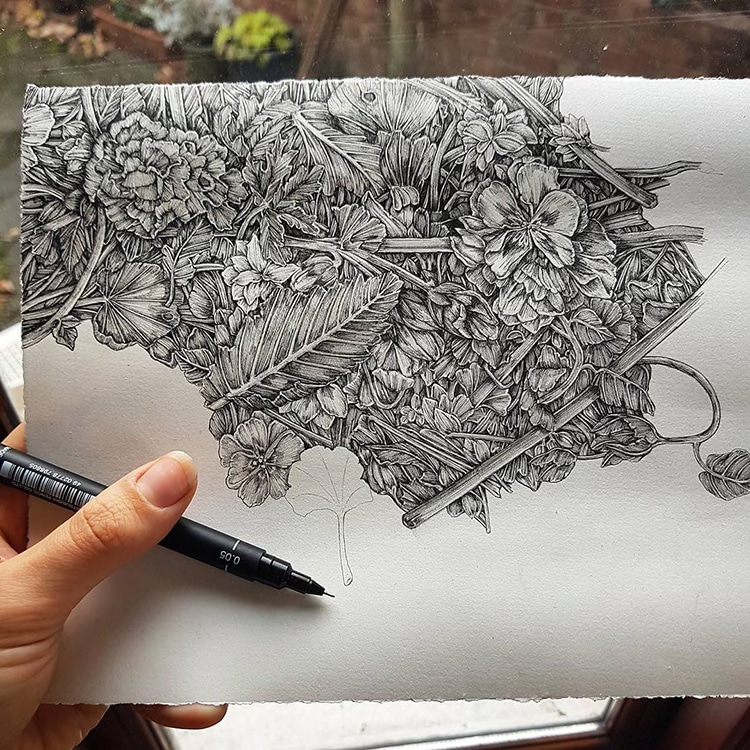
Back and Forth
Artist: Olivia Kemp
Back and forth: When we say basic, this what we’re talking about. This approach challenges you to move your drawing utensil back and forth across the paper in an even, level motion. Depending on how much pressure you apply, the darker your drawing will appear.
Hatching: Hatching involves making tiny ticks on your page. Make sure that each mark is parallel to the other. Lines that are close together will look darker, while lines further apart will indicate highlights.

Hatching and Cross Hatching
Artist: Elena Limkina
Cross Hatching: This technique is the logical extension to hatching. But instead of creating a series of parallel lines, have your marks intersect one another in a cross-like formation.
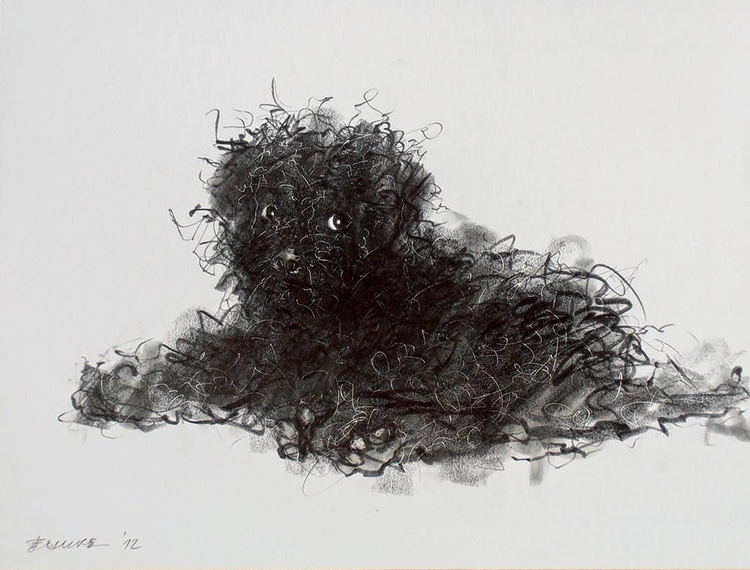
Scribble
Artist: Endre Penovác
Scribble: Scribbling allows your hand the opportunity to fly across the page. Move your pencil in a random formation—no precise marks necessary. The more you scrawl all over an area, the darker it will look.
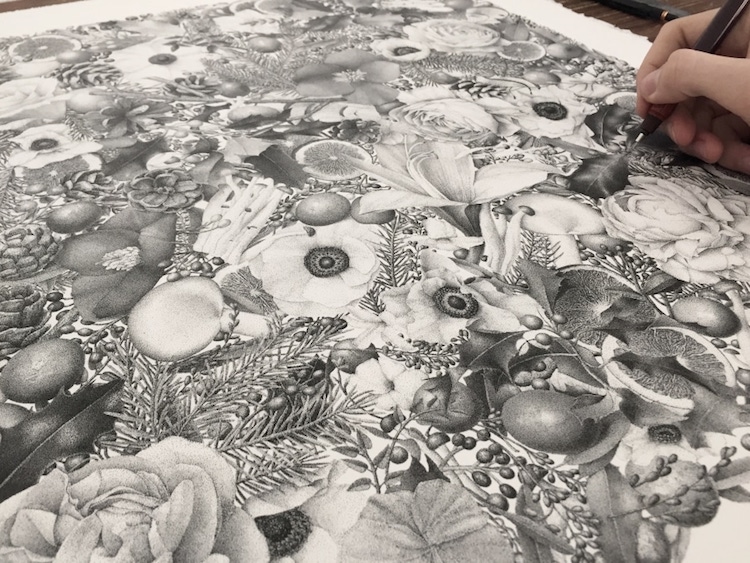
Stippling
Artist: Xavier Casalta
Stippling: For those who love meticulous processes, this one’s for you. Stippling involves making a countless amount of tiny dots on your paper. Like all other approaches, the closer the dots, the darker the drawing.
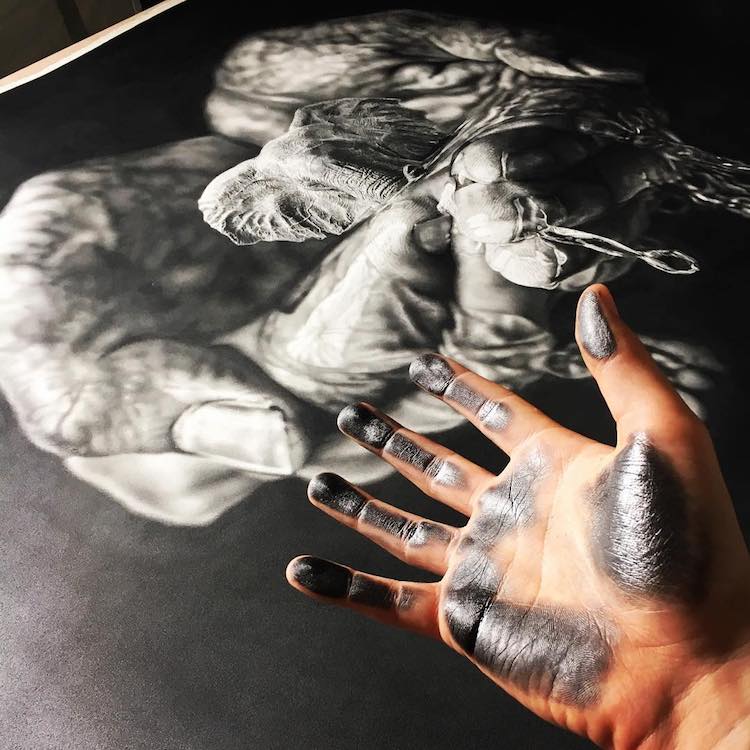
Blending
Artist: Jono Dry
Blending: If you’re using charcoal or pencil, try blending them. To do so, begin with the back-and-forth technique to cover your paper, and then rub the medium into it. You can use your finger, a blending stick (aka tortillon), or chamois cloth. Another option for blending is to experiment with powdered graphite and use a paintbrush to gradually blend and build tone onto your pages.











































































